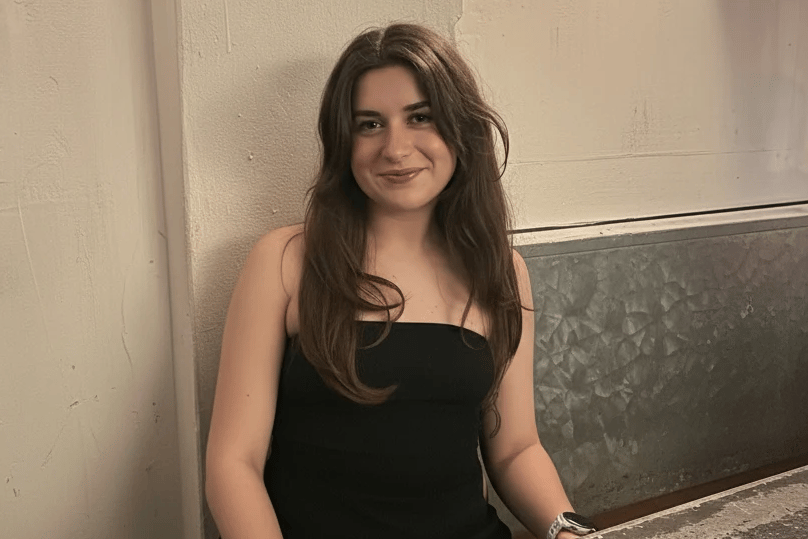
If you want to support independent women's media, become a Mamamia subscriber. Get an all-access pass to everything we make, including exclusive podcasts, articles, videos and our exercise app, MOVE.
A major realisation hit me recently: I'm living exactly the life I've always wanted… and yet I constantly feel like I'm not doing enough.
I've packed up my life and moved across the country to make a home for myself in a big city. I work in women's media, living out my best 'main character from a rom-com who always seems to be a journalist' fantasy, the one that young Ailish always dreamed about. I've got incredible friends, my own apartment (it's still a rental, let's not get too excited here) and my little life is slowly coming together.
So, why, oh, why do I feel dissatisfied when, objectively, I'm thriving?
Then I came across the term 'life dysmorphia' — the disconnect between how life really is and how we feel it should be. Just as body dysmorphia distorts how we see ourselves in the mirror, life dysmorphia warps how we see our actual circumstances.
On paper, many of us in the West have better living standards than any generation before us — yet the rates of life satisfaction are dropping.
Earlier this year, the World Happiness Report — an annual barometer of wellbeing — found that Australia had dropped out of the top 10 global rankings of 'happiest' countries to 11th.
Watch: Hedonic adaptation: Why you'll never have enough in life.































































































